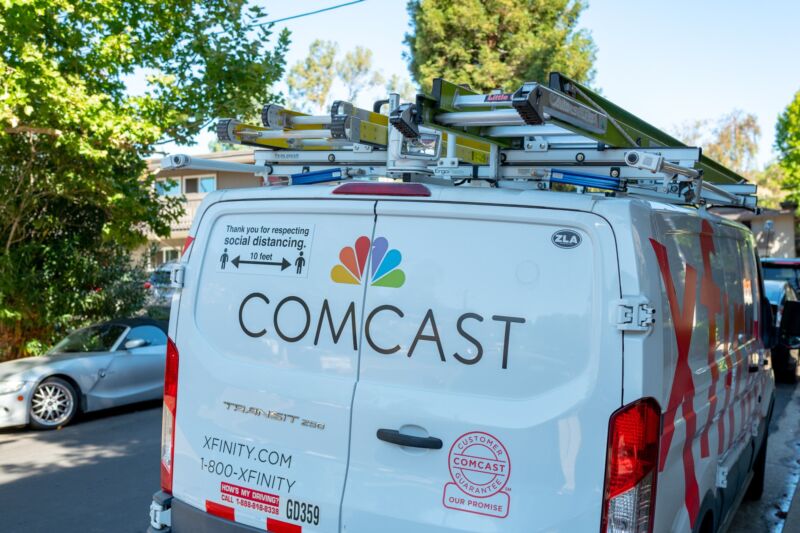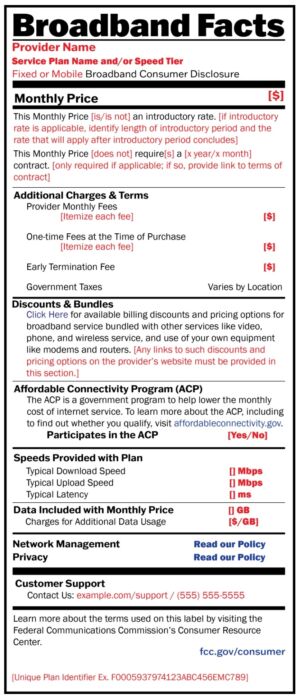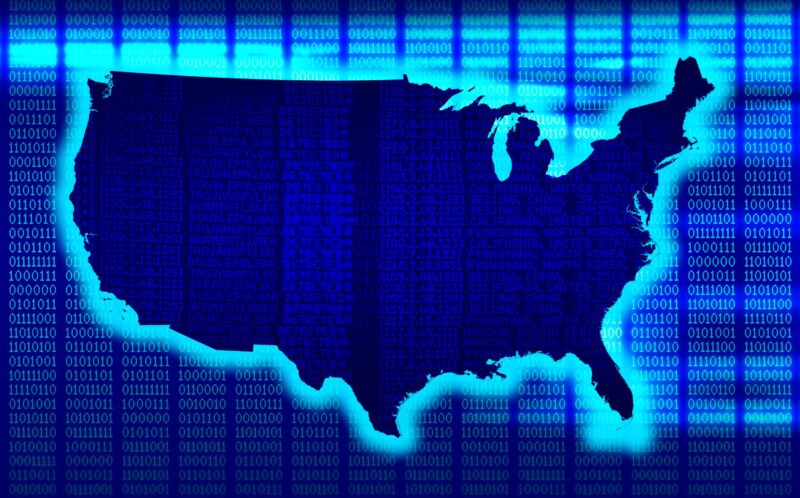-
 chevron_right
chevron_right
World’s heaviest commercial communications satellite will launch tonight
news.movim.eu / ArsTechnica · Wednesday, 26 July, 2023 - 22:09

Enlarge / SpaceX's Falcon Heavy rocket stands on Launch Complex 39A at NASA's Kennedy Space Center before the launch of the Jupiter 3 communications satellite. (credit: Trevor Mahlmann/Ars Technica)
The heaviest commercial communications satellite ever built is folded up for launch on top of a SpaceX Falcon Heavy rocket Wednesday night from NASA's Kennedy Space Center in Florida.
This satellite, owned by EchoStar and built by Maxar, tips the scales at about 9.2 metric tons, or more than 20,000 pounds. SpaceX's Falcon Heavy will propel the spacecraft on its way toward an operating position in geostationary orbit more than 22,000 miles (nearly 36,000 kilometers) over the equator.
The action will begin at 11:04 p.m. EDT (03:04 UTC) with the ignition of the Falcon Heavy's 27 main engines on Launch Complex 39A. A few moments later, the Falcon Heavy will climb away from its launch pad and head downrange toward the east from the Kennedy Space Center. You can watch SpaceX's live webcast below.









